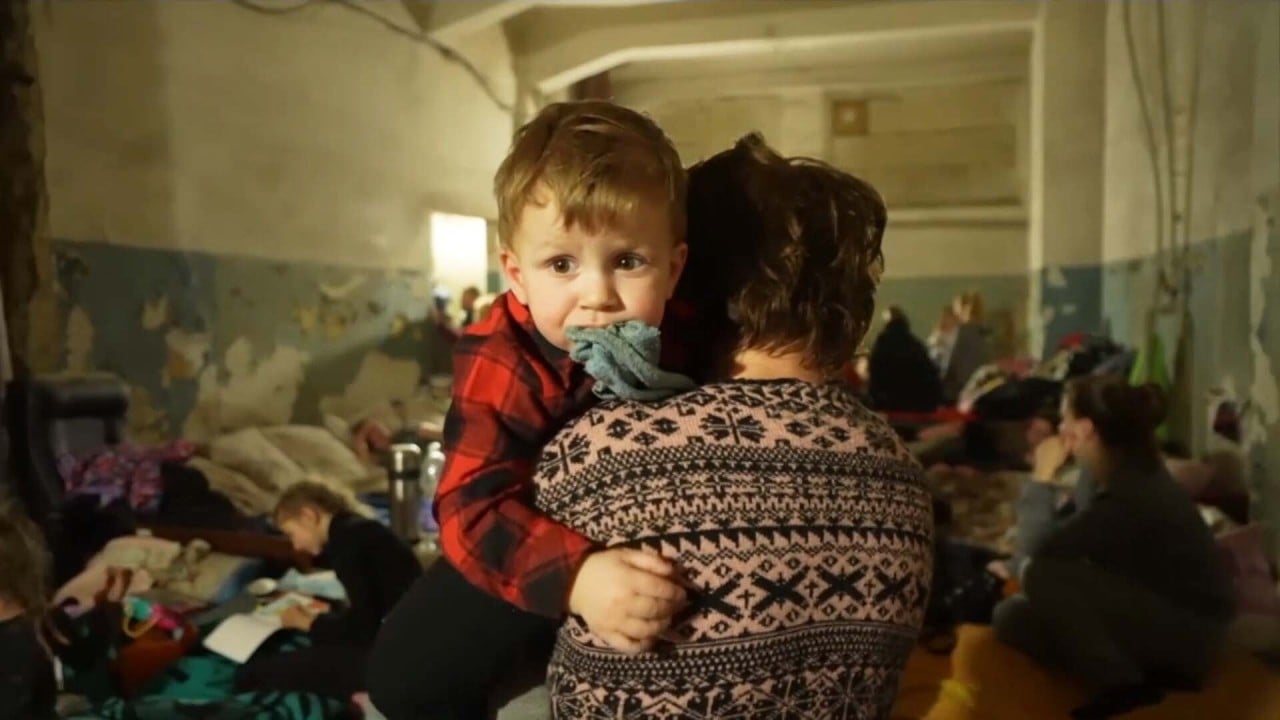
Why inflation and slow growth, not the Ukraine war, will drive markets
- Even as the Covid-19 pandemic and the war in Ukraine continue, expect the global transition to high inflation and rising interest rates to shape the market narrative
- The threat of stagflation and recession loom on the horizon, but there is still time to fix things
By contrast, the S&P 500 is only down slightly and up more than 60 per cent in the past three years. The performance of the Hang Seng Index has been respectable, down only around 5 per cent.
We can’t celebrate too fast, though, as the Hong Kong market has fallen by nearly a quarter in the past three years. That is second only to Russia among the recognised markets, which was down almost 40 per cent in the first quarter of 2022.
Despite talk of a potential ceasefire, the base scenario is that the war will degrade into attrition. Ukraine will keep going because it cannot afford to stop, and Russia is unwilling to give up its ill-gotten gains. The solution of ceding some Russian-occupied parts of eastern Ukraine is unlikely to be enough to keep Putin in power after his show of poor judgment.
Global economies are in transition from medium growth, high liquidity, low interest rates, almost non-existent inflation and strong global supply chains to the opposite. The most likely narrative to change soon is that of inflation, with the US Federal Reserve now expected to double its five-year forecast to 3.6 per cent.
These expectations are lowballing. The narrative has more to go. One indicator of inflation, the US benchmark 10-year bond, fell a huge 8.2 per cent in the quarter; bond yields (which move in reverse to bond prices) rose from 1.5 per cent in December to the current level of around 2.3 per cent. It may not seem much, but that’s a 50 per cent increase in interest bills.
Yields are rising globally, so let it go. The next step is that Japan will intervene to support a currency made weak by its own misguided policies. It’s like when I try to fix my golf swing multiple times before becoming completely contorted.
The lesson for investors is that the roof needs to be repaired while the sun is shining. However, there is a silver lining while you are planning for stagflation. Despite the apocalyptic quarter, at least robusta coffee future prices have fallen nearly 15 per cent on the London exchange. We might need it.
Richard Harris is chief executive of Port Shelter Investment and is a veteran investment manager, banker, writer and broadcaster and financial expert witness



